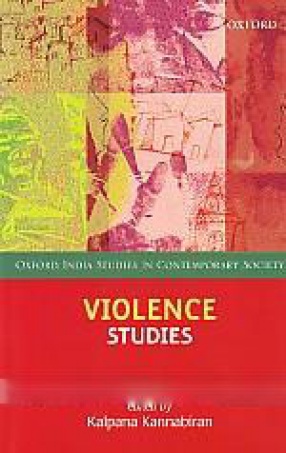
Kalpana Kannabiran

Showing all 8 books

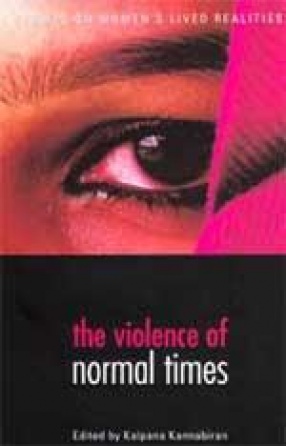

Violence is embedded in our everyday. We encounter not only its overt, raw, and brutal nature but also the deeply buried invisible and insidious forms that normalize violence in the collective conscience, making it less noticeable and more tolerable.
This volume opens out the field of violence studies with a focus on its myriad habitations and experiences in India. It interrogates the numerous ways in which omnipresent violence is interpreted and represented, and ...
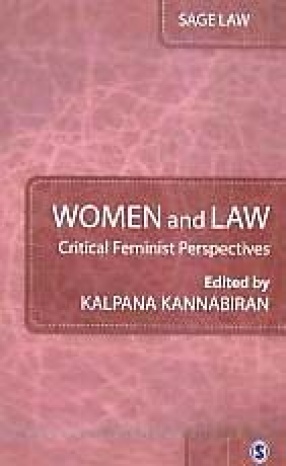
The volume contains eleven essays that examine questions in relation to women and law. They probe aspects like women-centred laws and their efficacy, the ways in which law imagines women, and the ways in which women have engaged with the law. The essays explore topics like domestic violence on women, employment and labour, anti-discrimination jurisprudence, access to rights of forest and land and health and women’s experience of repression legislation such ...
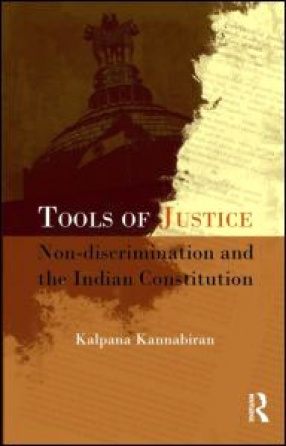
In the years since independence, the Indian subcontinent has witnessed an alarming rise in violence against marginalized communities, with an increasing number of groups pushed to the margins of the democratic order. Against this background of violence, injustice and the abuse of rights, this book explores the critical, ‘insurgent’ possibilities of constitutionalism as a means of revitalising the concepts of non-discrimination and liberty, and of ...
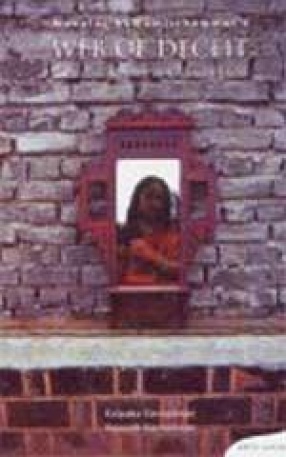
Dasigal Mosavalai (Web of Deceit) propagates the abolition of the devadasi system and seeks to reclaim youth from the temptations and immorality of the dasi. And yet in the very process of articulating the demand, the novel uncovers different layers of resistance and acquiescence to this demand. It is the story of lived lives, of political aspirations, of wealth, and of love in its several forms (maternal, paternal, conjugal, fraternal, sororal, erotic, for ...

This volume attempts to look at the experience and articulation of violence against women in relation to feminist debates and organizing on the issue, and the positive/negative responses to that articulation, particularly from the standpoint of law and the institutional apparatuses of the State. Its several essays focus on everyday settings: form justice dispensed by traditional authorities to modern courtrooms; domestic spaces; a home for mentally disabled women ...

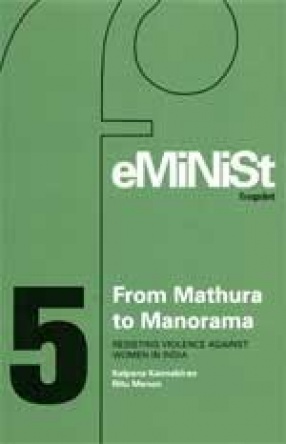
From the late 1970s to the present, feminists in India have had to deal with spiraling violence against women and the alarming ramifications of its forms, as well as assess their strategies to combat it. This monograph reviews twenty-five years of protest and action by them in an attempt to take both our anlaysis and theories forward. It maps the trajectory of feminist organizing in India in the post-Emergency period, after 1977; the paths of legal ...
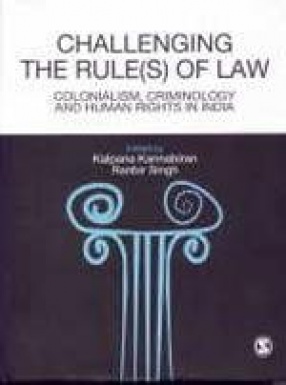
This rare comprehensive critique of criminology in India brings together widely respected activists, advocates, bureaucrats, scholars and practitioners who share their concerns about the Indian criminal justice system through an interdisciplinary lens and discuss the need to entrench human rights in Indian polity. It is a significant step towards mapping the ways in which interdisciplinary research and human rights activism might inform legal praxis more ...
